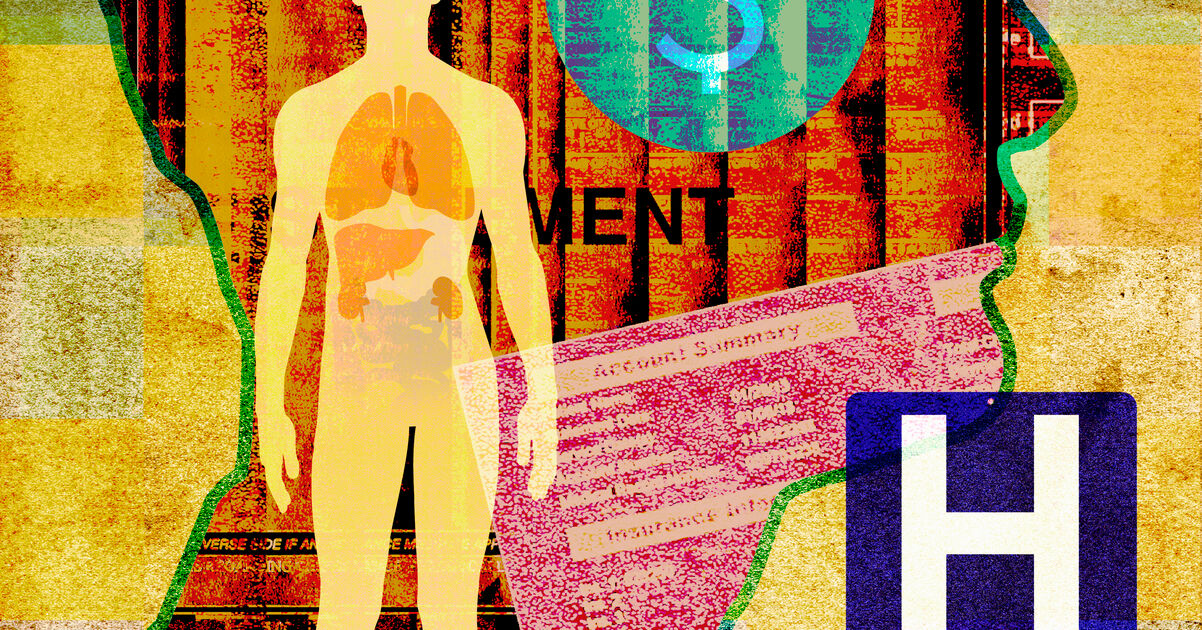Transgender people are protected from discrimination by the Affordable Care Act, and a move by the Trump administration this week to undo protections at the Department of Health and Human Services (HHS) doesn’t change that.
On Saturday, the New York Times reported that the White House plans to rollback Obama-era guidance which accompanied the Affordable Care Act’s 1557 Anti-Discrimination Protections covering trans people in healthcare. At present, the rules are already blocked by temporary injunction after a Texas federal judge claimed civil rights legislation did not cover trans people, a finding which contradicts earlier rulings on the matter.
The Trump administration’s move to repeal the rules has been denounced as deeply dangerous not just for transgender people but the broader LGBTQ umbrella. The rollback could create substantial barriers for queer people trying to assert their rights in accessing healthcare.
Jocelyn Samuels, former director of the Office of Civil Rights (OCR) at HHS, oversaw the implementation of the rule in 2016.
“I think that it is potentially quite devastating to the LGBTQ community, particularly for trans individuals who will be deprived of any protection against discrimination based on gender identity,” Samuels tells INTO, adding that since there is no proposed rule out, everything is speculative.
One possibility will be a stripping away of protections that include “sex stereotyping,” a move that has sweeping implications for both queer and trans people, says Samuels, and uproots decades of precedent.
“The consequences for health and well-being will be profound if they in fact go down that road,” she says.
“Sex stereotyping” protections shield Americans from discrimination based on assumptions about how individuals should act based their sex or the sex they were assigned at birth. For that reason, these safeguards can be vitally important to protecting gender identity and sexual orientation in healthcare settings and insurance coverage.
If HHS moves to excise the protections, transgender people and the wider LGBTQ community will no longer be able to to turn to HHS when they experience discrimination.
But that does not mean doctors, insurers, or healthcare centers have the ability to stop treating LGBTQ people or offering transition-related care.
“Nothing about HHS’s actions take those rights away,” says Robin Maril, associate legal director at the Human Rights Campaign. “It really signals an unwillingness on behalf of the federal government to enforce the law.”
The anti-discrimination protections in the ACA remain, covering the vast majority of health programs because they receive federal funding. But if HHS moves to stop enforcing them, it would be up to the courts to decide cases.
“There is the potential to create a lot of confusion and hurt to the community,” says Omar Gonzalez-Pagan, senior attorney and health care strategist at Lambda Legal. “This would be tantamount to endorsing discrimination against a community that is protected.”
While transgender people retain their rights, they now carry the burden of finding attorneys to fight their discrimination cases. Gonzalez-Pagan says Lambda Legal and other advocacy groups are ready to help transgender people in the event that the rule is repealed and discrimination complaints emerge.
That may be a big ask for a community that already finds itself marginalized.
While the ACA has dramatically increased access to gender-affirming treatment for trans people, many still report discrimination. In 2015, the National Center for Transgender Equality reported that more than half (55 percent) of trans people who sought insurance coverage for transition-related surgery were denied. That same report found that a quarter of respondents were denied coverage for hormones.
The HHS rule clarified the law and under HHS, trans people could enforce their rights. The potential rollback now threatens to confuse care providers and insurers and potentially overload LGBTQ groups charged with taking up discrimination complaints.
But Corinne Green, policy coordinator at the Transgender Law Center, says she hopes it doesn’t come to that. She points out that this kind of rollback touches nearly every trans person who accesses healthcare.
“I think that there was a feeling among trans folks, trans folks understood what the ACA did for them,” Green says. “It didn’t solve all of our problems accessing care, but it provided kind of the technical framework to allow a lot of trans folks to access healthcare for the first time.”
Nick Gorton, a primary care physician at Lyon-Martin Health Services (which serves the LGBTQ community in San Francisco), says if HHS moves to repeal the rule, some trans people will likely lose coverage. But there’s good reason, he says, why the rollback might not result in catastrophic losses of trans health coverage.
“Insurers have competing interests,” Gorton says. “They want to pay the least for the least care possible.
“But they also don’t want to have bad PR problems,” he adds. “You don’t want to be a hashtag on Twitter. If you’re insurer who has previously paid for this, and then all of the sudden, you’re going to get rid of this, people are going to notice that.”
No matter what happens next, advocates say they are not willing to go backward after decades of progress.
“We are not going back on the progress that we’ve made because that progress has been made in accordance with the law,” says Luc Rizzaro, policy directorat the National Center for Transgender Equality.
Help make sure LGBTQ+ stories are being told...
We can't rely on mainstream media to tell our stories. That's why we don't lock our articles behind a paywall. Will you support our mission with a contribution today?
Cancel anytime · Proudly LGBTQ+ owned and operated
Read More in Impact
The Latest on INTO
Subscribe to get a twice-weekly dose of queer news, updates, and insights from the INTO team.
in Your Inbox













